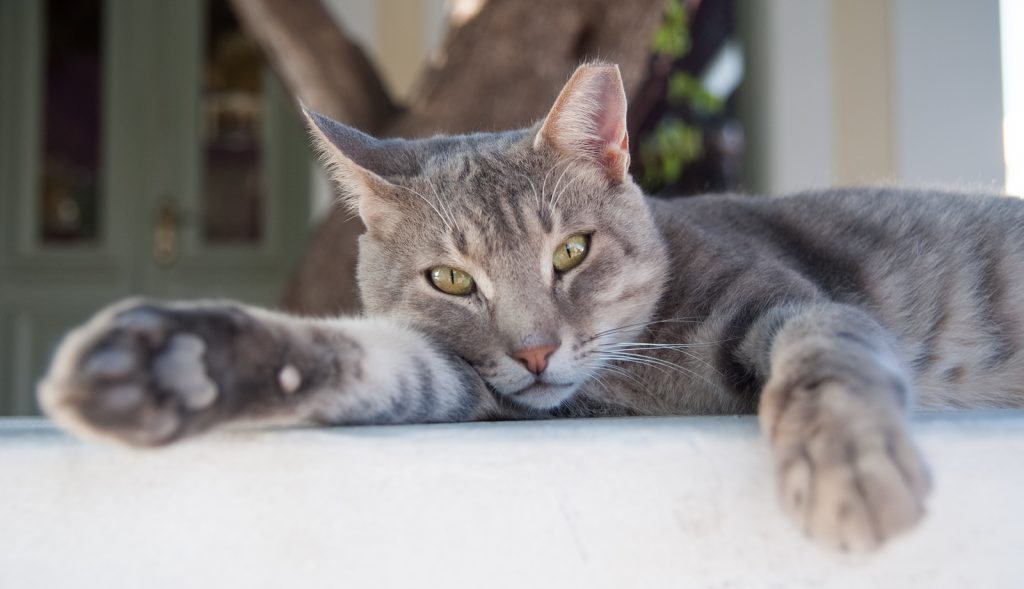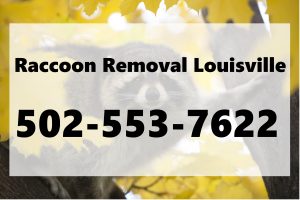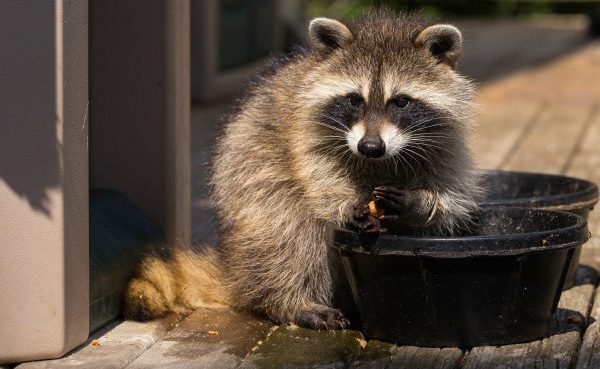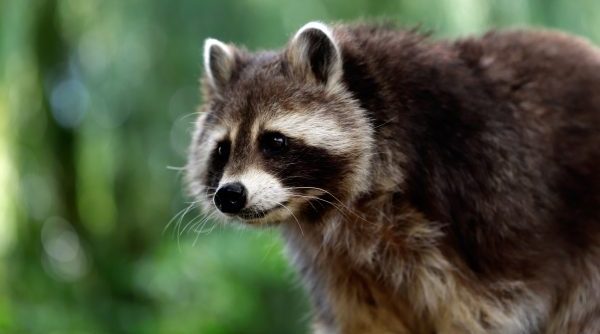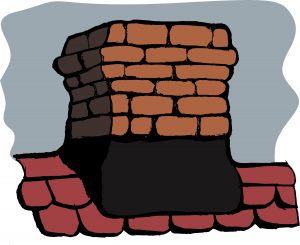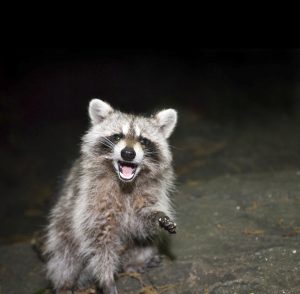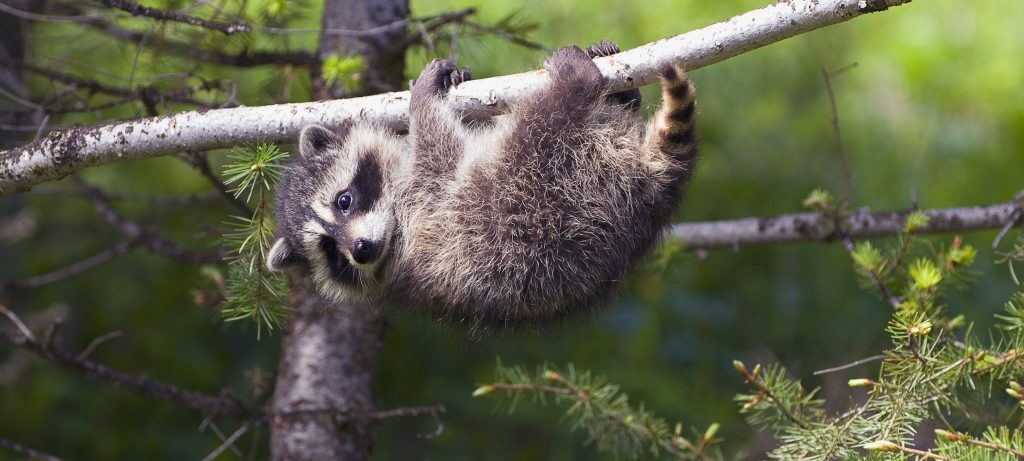Use these fun and interesting facts to educate kids about the most well-known, native raccoon species in North America; the Common Raccoon!
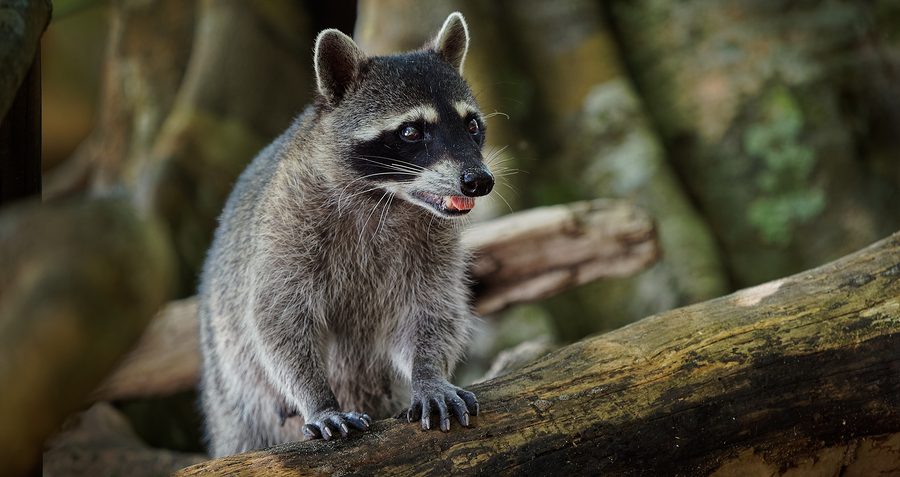
Fun Facts About the Procyon Lotor!
The Common Raccoon is scientifically called Procyon Lotor. Other nicknames include the North American Raccoon, Northern Raccoon, or just Coon. They are the largest animal in the Procyonid family.
Raccoon homes are called dens. Raccoons dwell in their raccoon dens, often times being a hollow log, an empty burrow, or a hole in a tree. This is where they breed and sleep, as well as hibernate. Yes, raccoons hibernate during cold seasons.
Raccoons hibernate. As revealed before, raccoons hibernate in their dens during harsh or cold times. Their hibernation periods, however, only last a few weeks, rather than the entire season. Before hibernation periods, raccoons will build up calories and layers of fat to keep them warm and satisfied during hibernating times.
Raccoons have predators. Although raccoons are among some of the cleverest creatures in the wild, they still have other animals hunting them and marking them as food. Such predators are cougars, coyotes, bobcats, and even domesticated dogs. Most residential raccoons, however, meet their demise on busy roads and highways rather than dogs.
There are 6 Species of Raccoons in the U.S. Most people are unaware that there are different types of raccoon species. It is interesting that there are a variety of raccoons specific to their environments. The six species are the Hilton Head Island raccoon, the Chesapeake Bay Raccoon, the Eastern raccoon, the Florida Raccoon, the Matecumbe Bay Raccoon, and the Alabama Raccoon. In the world there are millions of raccoon species.
No person has ever been infected with rabies from a raccoon. There is no documented case of anyone ever becoming infected with rabies from a raccoon bite. Stereotypes, movies, and stories about vicious raccoons attacking people while foaming at the mouth has given raccoons a bad reputation. The truth is, raccoons are not afraid of people, but they do not trust them. They avoid human contact as much as they can. If it is provoked, there is a chance a raccoon can attack in attempt to defend themselves or their litters. It is best not to disturb a raccoon if you ever come across one.
Raccoons are diurnal. This means they can make their homes above ground, below ground, or in trees. Raccoons prefer to not dig their own homes if living under ground; instead, they use abandoned burrows that other animals had dug before.
Raccoons are known as pests in neighborhoods and cities. To reduce nuisance raccoon activity, it is strongly encouraged to seek professional assistance from a Kentucky wildlife removal company. Never attempt to tamper with raccoons on your own. See our blog, “Can I Hunt Wild Raccoons in Kentucky?” to learn the laws that govern wildlife trapping in our state.
Louisville Raccoon Removal and Control
Call 502-553-7622 for safe and humane Louisville raccoon removal services today. We offer a wide range of services for residential and commercial properties, including raccoon removal, control, prevention, proofing, cleanup, attic restorations, and more. Call 502-553-7622 to request a free estimate or information about Louisville raccoon control, today.


